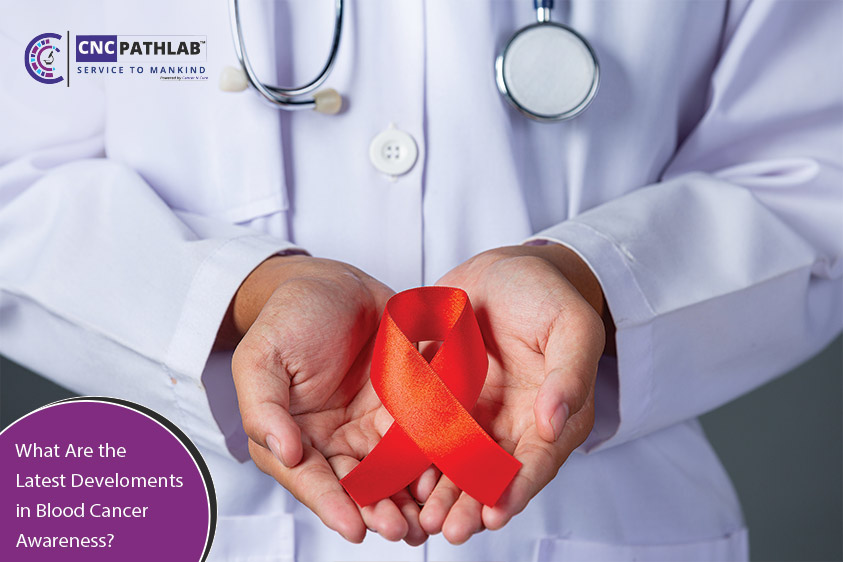Female Infertility: Why this happens?
Female infertility is a frequent condition in which a woman is unable to conceive and carry a pregnancy to term. This is usually identified after a woman has attempted for 12 months to get pregnant (via unprotected intercourse) without success. Infertility can be treated with a variety of methods, including drugs to address hormonal difficulties, surgery to address physical abnormalities, and in vitro fertilization (IVF).
Infertility is a condition in which a woman's capacity to conceive and give birth to a child is hampered or hindered in some way. This is commonly identified after a year of attempting to get pregnant for heterosexual couples (man and woman) (but may be diagnosed sooner depending on other factors). One-third of infertility cases in heterosexual couples are caused by male issues, one-third by female issues, and one-third by a mix of factors or unknown causes. Female infertility, often known as "female factor" infertility, occurs when the reason of infertility is discovered to be the female partner.
Read also: How Does Too Much Cholesterol Affect My Health?
Symptoms & Causes
Infertility can be caused by a variety of factors. However, pinpointing the specific cause can be challenging, and some couples experience "unexplained" or "multifactorial" infertility (multiple causes, often both male and female factors). Female factor infertility can be caused by a variety of factors, including:
- Problems with the uterus include: This comprises polyps, fibroids, the septum, and adhesions within the uterine cavity. Other anomalies (such as a septum) are present from birth, whereas polyps and fibroids can arise on their own at any moment. Adhesions might arise following a dilation and curettage procedure (D&C).
- Problems with the fallopian tubes include: Pelvic inflammatory illness, which is primarily caused by chlamydia and gonorrhea, is the most common cause of "tubal factor" infertility.
- Obstacles to ovulation: A woman may not ovulate (release an egg) on a regular basis for a variety of reasons. Hormonal imbalances, a history of food disorders, substance misuse, thyroid issues, severe stress, and pituitary tumors are just a few of the factors that might interfere with ovulation.
- Problems with egg quantity and quality include: Women are born with all of their eggs, and this supply might "run out" before they reach menopause. Furthermore, some eggs will have the incorrect number of chromosomes and will be unable to fertilize or develop into a healthy child. Some chromosomal problems (such "balanced translocation") can harm all of the eggs. Others are sporadic, but as a woman gets older, they become more common.
Risk for female infertility
Female infertility can be caused by a variety of causes. Female infertility can be caused by a variety of factors including general health, genetic (inherited) features, lifestyle choices, and age. The following are some examples of specific factors:
- Age.
- Ovulation is prevented due to a hormonal problem.
- Menstrual cycle that isn't normal.
- Obesity.
- Being overweight is a problem.
- Extreme exercise results in a low body fat percentage.
- Endometriosis.
- Problems with the structure (problems with the fallopian tubes, uterus or ovaries).
- Fibroids in the uterus.
- Cysts.
- Tumors.
- Lupus, rheumatoid arthritis, Hashimoto's disease, and thyroid gland diseases are examples of autoimmune disorders.
- Infections that are spread by sexual contact (STIs).
- Polycystic Ovary Syndrome (PCOS) is a kind of polycystic ova (PCOS).
- Ovary Insufficiency (Primary) (POI).
- Substance abuse that is out of control (heavy drinking).
- Smoking.
- The DES syndrome is a condition in which a person (DES is a medicine given to women to reduce pregnancy issues such as early birth and miscarriage.) However, some of the offspring of women who took DES have experienced infertility as a result of the medicine.)
- An ectopic (tubal) pregnancy in the past.
Read also: In the wake of the monkeypox outbreak, Delhi has issued a notice to government hospitals.
Prevention
These suggestions may be useful for ladies who are planning to become pregnant soon or in the future:
- Maintain a healthy body mass index (BMI): Ovulation issues are more common in overweight and underweight women. Moderate activity is recommended if you need to lose weight. Ovulation has been linked to strenuous, intensive activity for more than five hours per week.
- Stop smoking: Tobacco has a number of detrimental impacts on fertility, general health, and the health of a fetus. If you're thinking about starting a family, now is the time to quit smoking.
- Avoid consuming alcoholic beverages: Heavy drinking can lead to a loss of fertility. And any alcohol consumption during pregnancy can have a negative impact on the fetus's health. Avoid alcohol if you're planning to become pregnant, and don't drink while you're pregnant.
As pioneers in preventative health care, we at CNC Pathlab offer a variety of national healthcare preventive and rehabilitative packages such as whole-body checkups and other health checkup packages to provide a complete health status. Infertility-Female Profile cost in Delhi include the most advantageous collection of tests required to keep informed about monitoring and maintaining your health parameters. At CNC Path Lab, we provide the best Infertility-Female Profile in Delhi.


.jpg)


.jpg)
